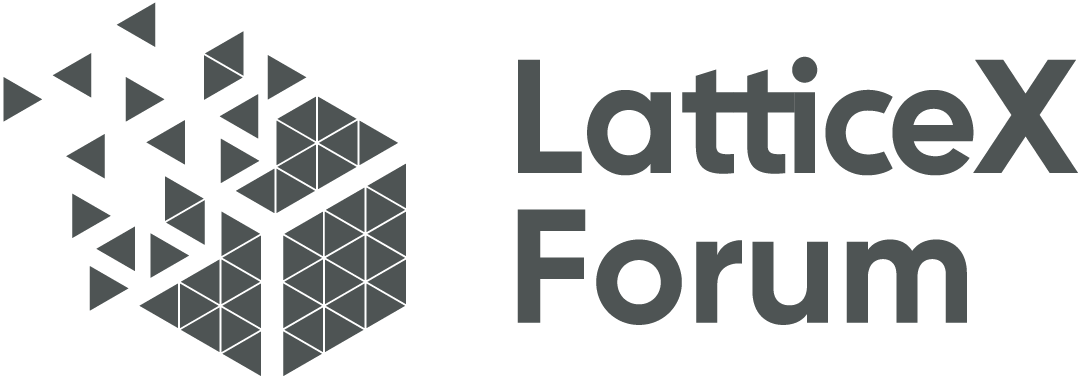Support DeBank full node deployment(PlatON)
Supporting full node deployment of DeBank means that users can run a complete DeBank node on their own computer or server and participate in the operation of the DeBank network. Full node deployment provides many benefits and features:
- Security and decentralization: Full node deployment makes you part of the DeBank network, allowing you to communicate and verify transactions directly with other nodes. This decentralized architecture makes DeBank’s data independent of a single central server, improving the security and reliability of the system.
- Data integrity verification: As the owner of the entire node, you can verify and store all transaction and block data in the DeBank network. Through integrity verification mechanisms, you can ensure the authenticity and validity of transaction data, avoiding the risk of malicious tampering or forgery.
- Support stable operation of the network: All nodes contribute to the normal operation and security of the DeBank network by participating in the voting and verification process of the consensus protocol. Your entire node can receive the latest transaction and block data, as well as propagate its node information to other nodes, improving network availability and stability.
- Data privacy and control: On a full node deployment, you can have complete control over your data without relying on third-party service providers to manage your accounts and assets. This can better protect personal privacy and reduce the possibility of personal data leakage and abuse.
- Provide more features and customization options: Through full node deployment, you can customize and customize DeBank’s features and options, adjust and expand according to your own needs. You can access and use more advanced features, such as automated transactions, contract programming, etc., to enhance the flexibility and efficiency of transactions.
However, full node deployment also has some challenges and costs:
- Resource consumption: The entire node requires a large amount of computing resources and storage space, especially with the growth of blockchain networks and the increase of transaction volume. For individual users, higher configuration computers or cloud servers may be required to meet the needs of running full nodes.
- Network connection and bandwidth requirements: All nodes need to maintain connectivity with other nodes and receive and propagate transaction data. Therefore, stable and high-speed network connections, as well as sufficient bandwidth, are necessary conditions to ensure the normal operation of all nodes.
- Synchronization and update: The entire node needs to synchronize and update blockchain data, which may require longer time and bandwidth. When deploying and starting a full node for the first time, it may take a long time to synchronize the data of the entire blockchain.
- Security and maintenance: As the owner of the entire node, it is necessary to be responsible for maintaining and protecting the security of the node. This includes regular system and software updates, setting up firewalls and security policies, and protecting sensitive information such as private keys from attacks.
Full node deployment can provide greater control, data privacy, and network engagement, while also bearing higher costs and technical challenges.
